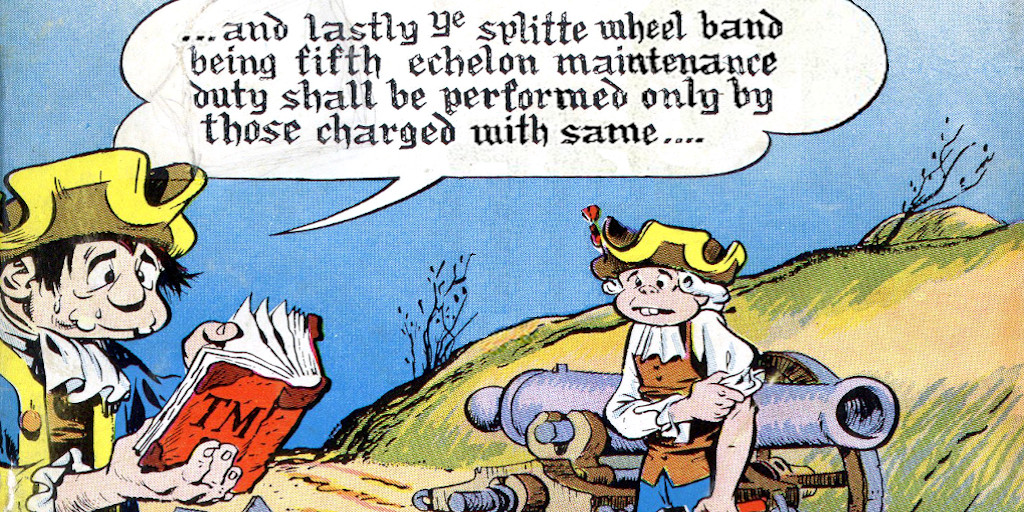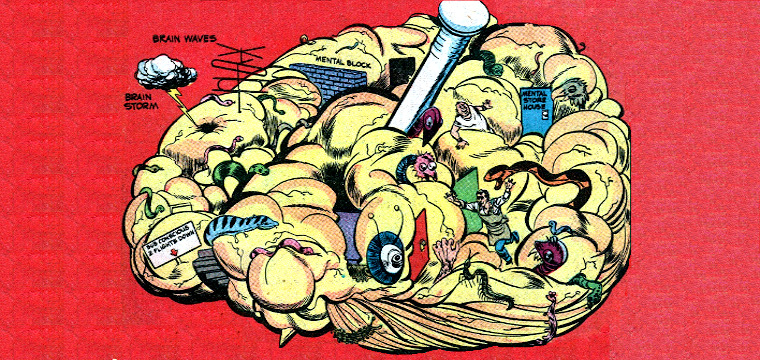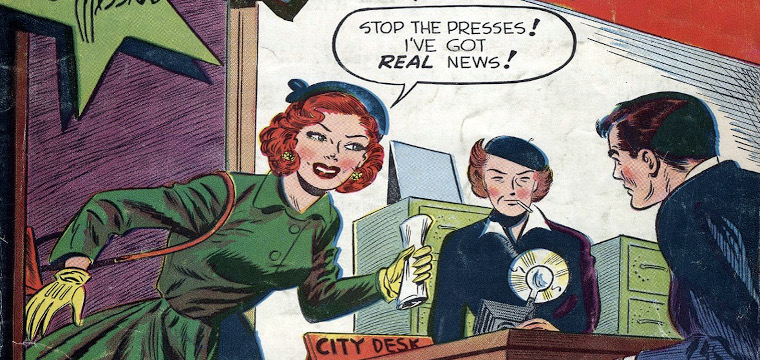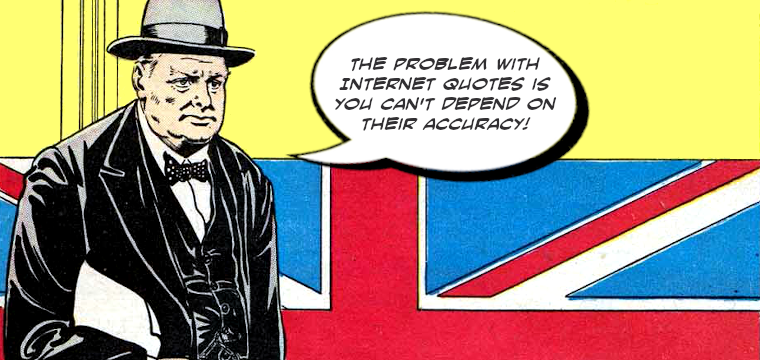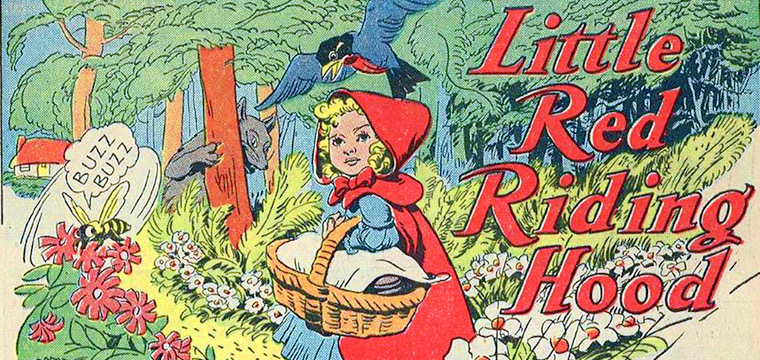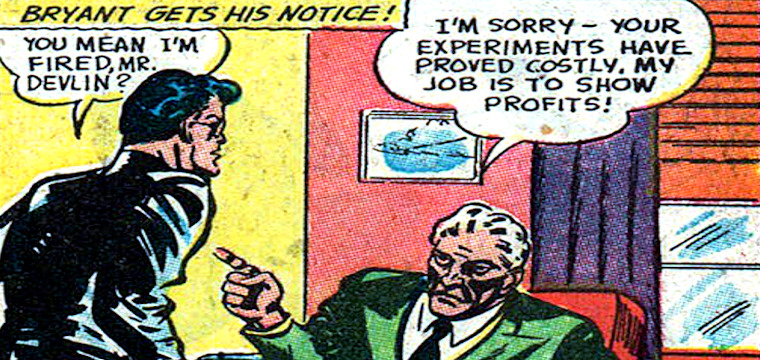If there is one argument I love to have, it’s debating the concept of professional language. Too often, it describes flawed attempts to emulate an academic thesis or a Victorian bank manager. You know the sort of stuff—a white paper, official email or corporate website where the language is so dense, formal and archaic that your brain melts from the sheer dullness of it all.
